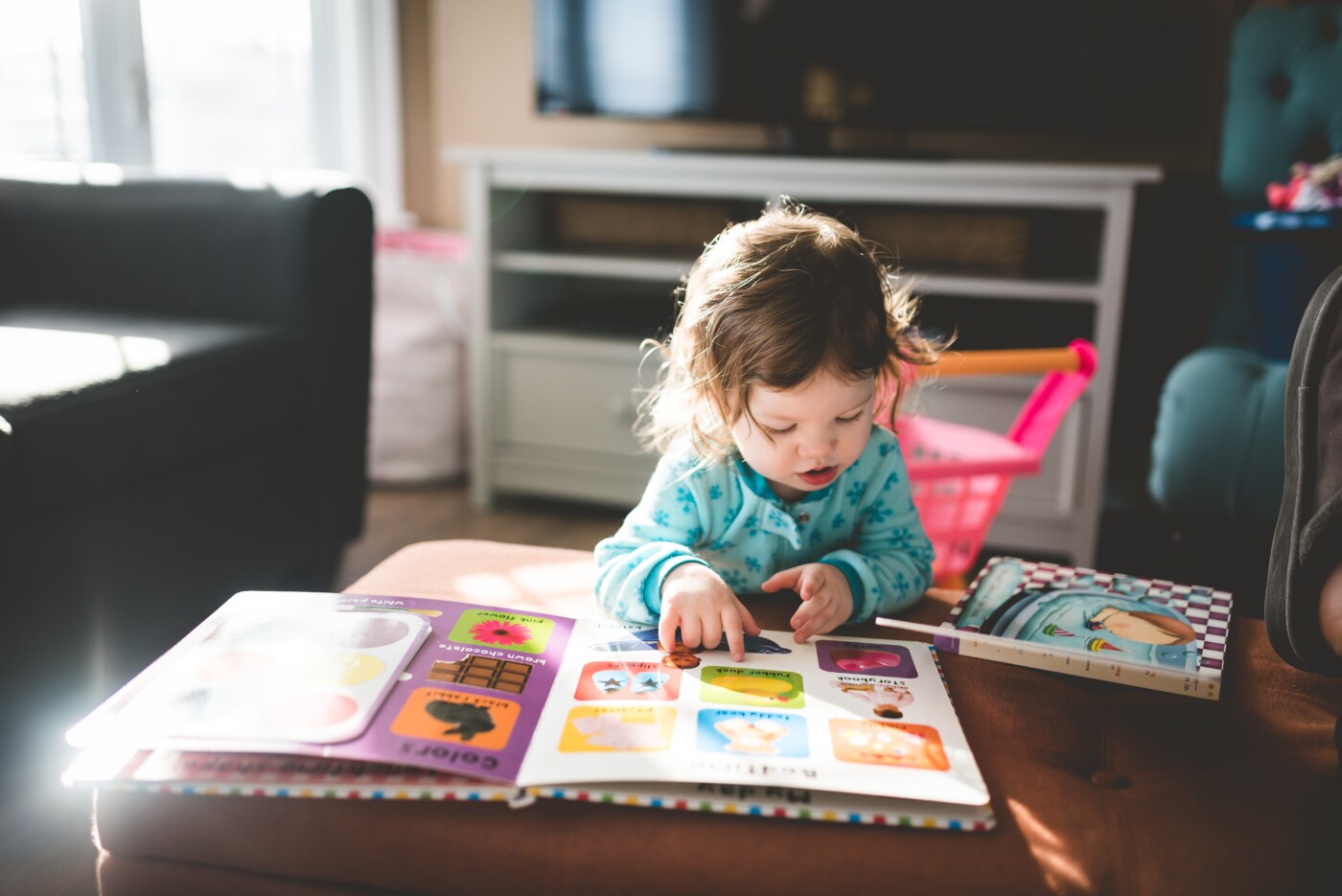Will the Next Generation Be Readers?
In an age of smartphones, tablets, and easy access to the internet, there has been a rapid decline in interest in reading. This is particularly prominent among the younger generations. If you have younger siblings or family members, you may have noticed this firsthand. It is striking. Technology has contributed to a clear lack of interest in reading books by younger generations compared to their ancestors, however, it may actually present new ways to consume literature.
Research by the Natural Literacy Trust showed that, in 2021, 1 in 2 children and young people said that they enjoyed reading. Further, 51% of children read fiction on paper in their free time. However, just a quarter of under-18s read for leisure each day – the lowest daily level recorded since the first survey. Although reading is not entirely eradicated from the everyday lives of young people, I think there is a clear trajectory for how habits will change. Reading as a hobby has already declined in popularity. It will most likely continue to do so.
The Internet has everything, so why bother reading?
A large part of the reason is undoubtedly a result of the growing prominence of smartphones and social media in the everyday lives of children. The age of owning a phone is decreasing rather sharply. I didn’t own my first phone until I was 12, and it was a small, pink thing with no internet access and a frustrating keypad, in which you had to press one key three times for a single letter. These days, it is almost a given. Most children starting secondary school have a new (and expensive) phone, providing them access to the internet and social media.
Social media is effortless, with instant satisfaction in the form of clickbait videos and an infinite abyss of scrolling. The internet has everything, so why even bother with reading? There is no instant gratification from reading a book. It takes time and focus. It may feel laborious – especially when you’ve got a phone right next to you with the entire internet at your fingertips, far more interesting than trudging page by page through a book as thick as your arm. And it only serves to make things worse. In the long run, social media will reduce your attention span and make it harder to pick up reading. We all know the feeling of trying to read something difficult and getting frustrated with it – but it’s a vicious cycle of looking for something easy, something instant, and having an attention span too short to find reading entertaining.
Although, in the same way, that it can act as a distraction, the vastness of social media can also act as a vehicle for popularising reading. We’ve all watched technology develop massively in recent years. Modern habits of consuming media will change with it. It has provided a way of accessing books without having to possess physical copies, moving to e-books and audiobooks – 1 in 6 children listened to audiobooks at the beginning of 2020, research reveals. Although not a traditional way of engaging with books, this is a way in which media consumption has changed alongside technological developments. In a similar vein, e-books and e-resources allow for widespread access and, arguably, more convenient storage.
Reading is shown to be beneficial to the personal development (…) of young people
So, questioning what this means for the future of reading, definitely highlights the potential of social media to act as a tool to encourage reading rather than limit it. Social media provides a platform to create a community for all kinds of interests. ‘Book-Tok’ is a subsection of TikTok dedicated to sharing recommendations and reviews of these books. A bit older than TikTok, Goodreads is specifically dedicated to book recommendations and sharing what you’ve read. This does not remove the issue that books can feel very long. Leisure activities are associated with something fun and easy – and particularly for a generation raised on technology, reading is not either of these things.
We should be encouraging more reading amongst the younger generations. It is widely known that social media can be incredibly harmful to the mental health of its users, and particularly vulnerable children, whereas reading is shown to be beneficial to the development and education of young people. It can encourage widespread creativity and personal development. Therefore, we should do what we can to ensure the next generation are still readers.

Comments